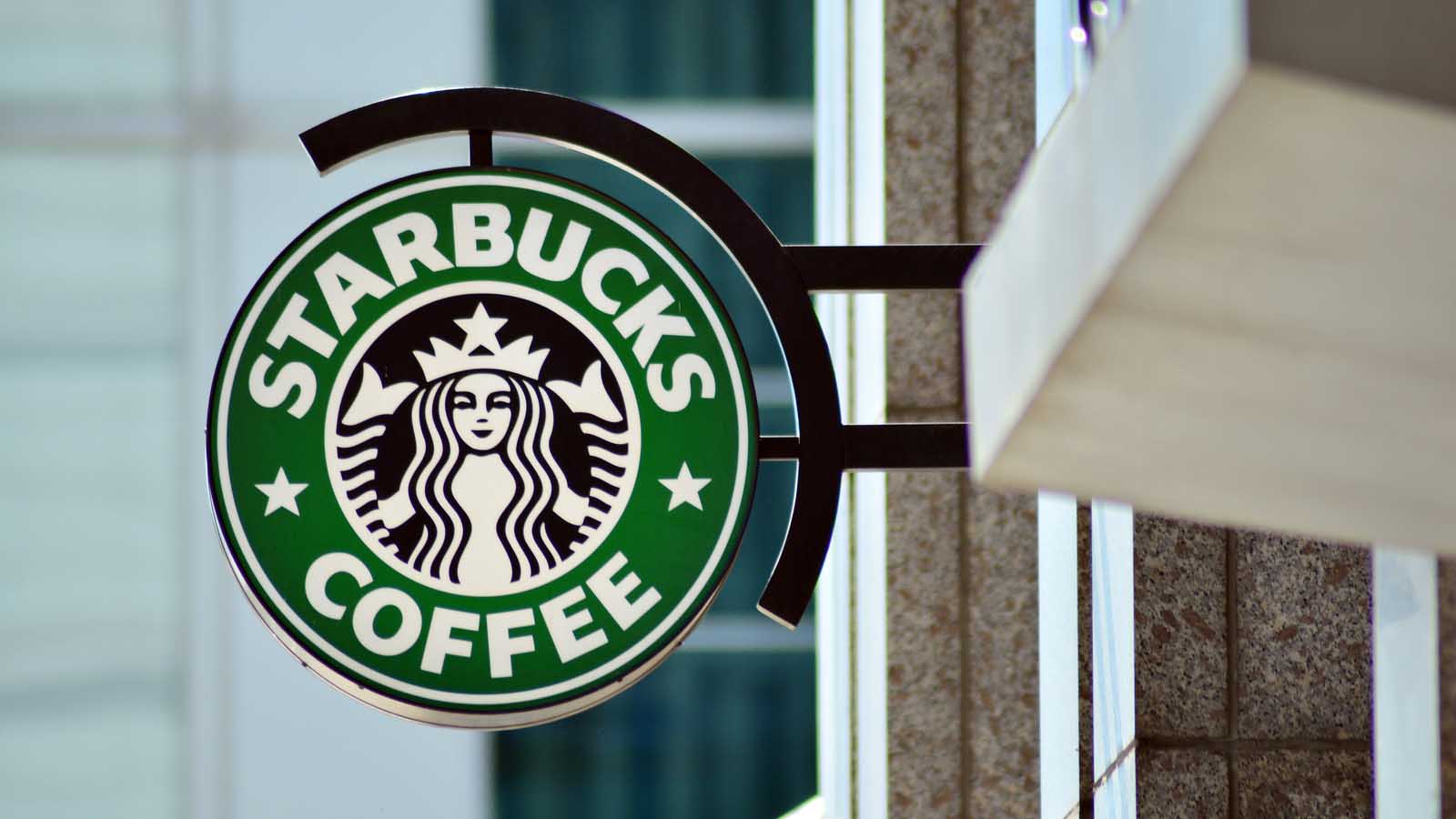The novel coronavirus has dealt a devastating blow across the board. However, some companies are getting back up and running, Starbucks (NASDAQ:SBUX) among them. The company is now operating more than 85% of its locations here in the U.S. At the same time, SBUX stock has responded to the prospects of a faster recovery.

Shares are up more than 56% from the March lows and just hit their highest level in over two months. That said, SBUX stock is still down more than 16.5% from this year’s highs. That lags the broader market, with the S&P 500 down “just” 12% from its 2020 high.
The question now becomes, can Starbucks continue its push higher, or will the rally falter? Let’s explore the business.
Reopening the World, Reopening Starbucks
Starbucks was forced to shutter its locations, both in its largest market here in North America and in its growth-engine country of China.
China was able to reopen earlier than countries in North America, and thus, so was Starbucks. According to CEO Kevin Johnson, Starbucks has regained about 80% of its same-store sales in that region. In the U.S., that figure is only at about 60% to 65%, he added.
That’s as the company has reopened almost 90% of its locations, albeit with modified operations. While he also stated that the recovery is outperforming the company’s internal estimates, “we know that it will take time to fully recover and post positive comparable store sales growth.”
As the world moves to reopening, so too is Starbucks, and that should be good for its top and bottom line. Unfortunately, the situation will take its toll on the financials. If there’s another outbreak, SBUX stock will face risk if there is another series of lockdowns in the U.S. and China, its two largest markets.
SBUX Stock Loses Growth
The rebound in Starbucks’ business is impressive, but it’s not as if the numbers aren’t under pressure. Analysts expect revenue to fall about 11% in fiscal 2020, but forecast earnings to tumble more than 51% to $1.37 per share.
For fiscal 2021, they forecast revenue to grow more than 18% to $28 billion, outpacing 2019’s result of $26.5 billion. For earnings, they forecast growth of about 101% to $2.76 per share. However, if achieved, that figure is still below the $2.83 per share that Starbucks earned in 2019.
Many investors are treating the Covid-19 situation as a one-time charge across the market.
That is to say, when companies like Facebook (NASDAQ:FB) or Alphabet (NASDAQ:GOOG, NASDAQ:GOOGL) are forced to settle a fine or absorb some other big one-time charge, investors often overlook that event and keep their eyes on the future. Sometimes in that situation, the one-time charge is large enough to significantly impact earnings for the full year.
Still, if the future looks bright, the stock does well. Investors don’t dwell on one or two quarters of underperformance.
The problem with Starbucks is that analysts don’t expect 2021 earnings results to even match 2019’s results, fully impacting seven quarters of business (including the most recently reported Q2 results).
Bottom Line on Starbucks
Most companies will feel the pinch in 2020, as earnings and revenue are impacted. But that doesn’t mean that all stocks should be sold. Once businesses start to rebound, investors will turn their focus to the future.
For something like SBUX stock, we’re talking about a high-quality, well-run company. That should put it on investors’ radar for buy on dips. It’s already reopened a majority of its stores and is outperforming its own expectations. If it can continue doing that, perhaps it can outperform analysts’ expectations, too.
Matthew McCall left Wall Street to actually help investors — by getting them into the world’s biggest, most revolutionary trends BEFORE anyone else. The power of being “first” gave Matt’s readers the chance to bank +2,438% in Stamps.com (STMP), +1,523% in Ulta Beauty (ULTA) and +1,044% in Tesla (TSLA), just to name a few. Click here to see what Matt has up his sleeve now. Matt does not directly own the aforementioned securities.
